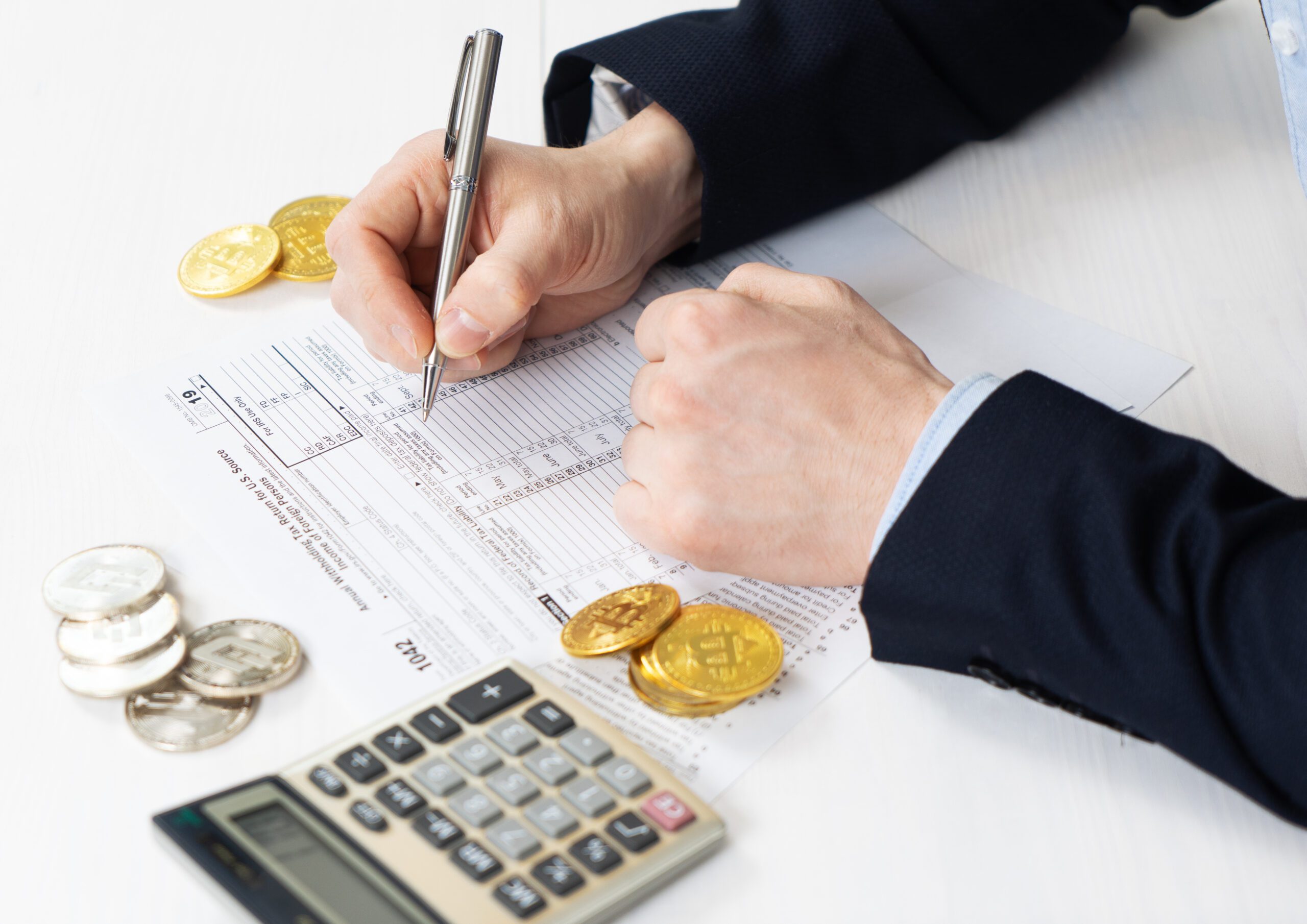Cryptocurrencies are decentralized digital assets and an exchange medium using blockchain technology. These digital currencies are used to buy goods and services like other fiat currencies. The introduction of cryptocurrency is an evolving subject, and the legal and regulatory systems guiding its transactional processes are still emerging.
Goods and Services Tax (GST) is the tax added to the price of goods and services. With cryptocurrency, the enactment of GST follows specific guidelines as it’s treated differently during various transactions. However, it can easily be calculated using GST calculators online, such as the ones you can find on this site: https://www.afirmo.com/nz/calculators/gst-calculator/.
GST And Cryptocurrency
Since its inception, GST in cryptocurrencies has been a controversial subject. This could be because of the decentralized nature of crypto, making them operational without any intermediate financial institutions like banks and central authorities. It could also be because of the calculation criteria and several tax policies.
Nevertheless, GST is essential, and several tax policies are in place to ensure its adherence and compliance. While these policies cut across several aspects of blockchain and cryptocurrency technology, you must know the concepts and calculate them.
How To Calculate GST
Cryptocurrency traders need to calculate GST to remain tax compliant, avoid fines attached to late payments, and make effective budgeting. GST can be calculated in different ways. However, it can be quickly done using online calculators.
Any simplified calculator will help you determine the gross and net product prices based on percentage-based GST rates. The GST calculator will save you time and reduce the possibilities of human errors while computing the costs of commodities.
In short, the GST calculator is a handy ready-to-use digital calculator that can help you calculate the GST payable for a month, quarter, or year. There are more calculators here online that can be used by buyers, manufacturers, and wholesalers who deal in cryptocurrencies.
GST In Cryptocurrency Mining
Small or irregular scale crypto mining will not be regarded as a trading activity generally. The action of mining cryptocurrency alone will not make a crypto dealer liable for income tax. Likewise, the costs associated with mining will not be deductible as trading expenses.
Possible exceptions could occur when crypto mining is accompanied by trading on a commercial scale. In such a case, seeking professional advice is recommended in handling such tax treatments.
GST In Cryptocurrency Disposal/Exchange
The disposal of cryptocurrency can attract GST. Crypto disposal may occur in various forms, such as through exchange for conventional currency, different forms of cryptocurrency or digital asset, or for goods and services.
When businesses exchange cryptocurrencies to and from conventional currencies, they’re liable to GST as long as the transaction involves trading. Crypto exchanges by incorporated and unincorporated entities attract taxes when they meet trading features.
More so, exchange transactions which lead to the gain or loss of cryptocurrency will not be taxable because there’ll be no taxable profit/loss resulting from such digital transaction and no allowance relating to such activity.

GST In Cryptocurrency Usage
Incorporated or unincorporated businesses engaging in cryptocurrency transactions must have their profits and losses reflected in the right accounts and will have them taxable. This means trading transactions in which payment is made or receipts issued in cryptocurrency need to have payments converted to the currency of the account following the same tax rules that apply to conventional money.
Cryptocurrencies received in payment for services can be taxed as ordinary income when received. However, GST treatment from payments received for services depends on whether they’re paid as salary or not. Payments made under a salary sacrifice arrangement are considered fringe benefits and aren’t taxable.
The value of goods and services bought with cryptocurrency has to be converted to conventional currency at the transaction date. Goods sold by GST registered businesses, where the cost is paid in cryptocurrency, will have a value proportionate to the traditional currency value after conversion are made at the rate applied by the seller to the transactions.
Income received by GST registered businesses from crypto mining will be considered to be beyond the scope of GST because crypto mining is not considered a trading activity.
In cases where cryptocurrency is given or received as a gift, it can be treated differently. The gift may be considered as a disposal for the donor of the GST and can lead to a taxable event under the rules of either income or capital gain tax. But do take note, donations to charities are exempted. Conversely, the gift may not attract a GST for both the giver and receiver. However, in both instances, the value and basis of the gift when issued are critical determinants of GST.
Conclusion
The application of GST to crypto transactions is guided by different regulation policies across several crypto aspects. However, this guide presents the guidelines for everyday activities. The information contained therein will be beneficial in navigating the world of crypto transactions concerning GST.



































